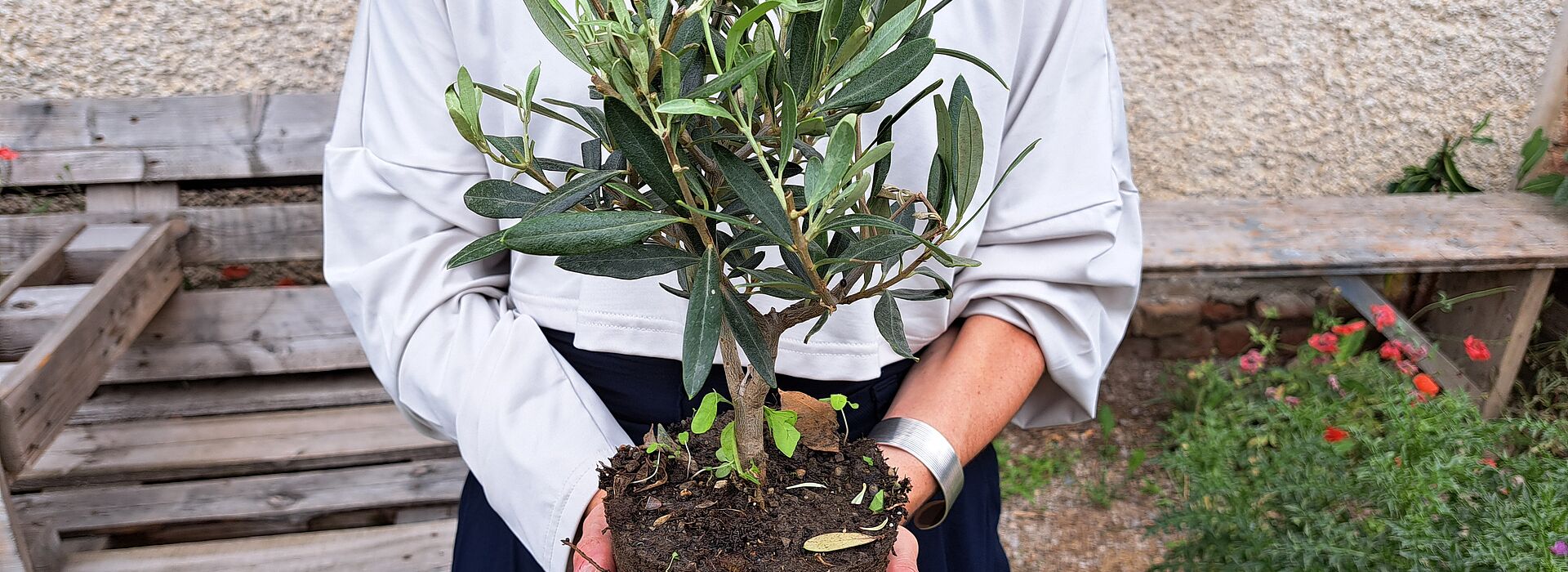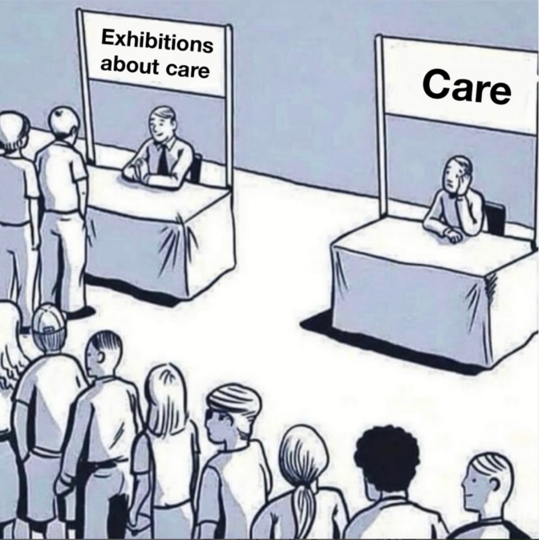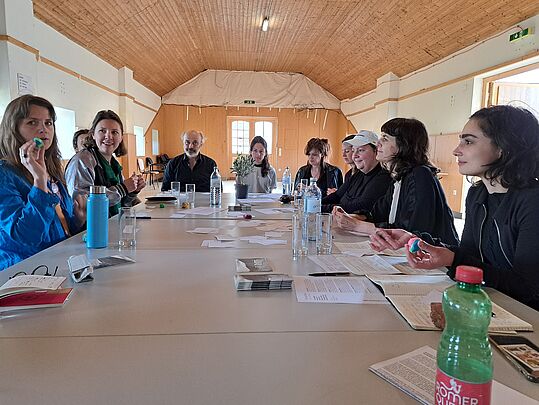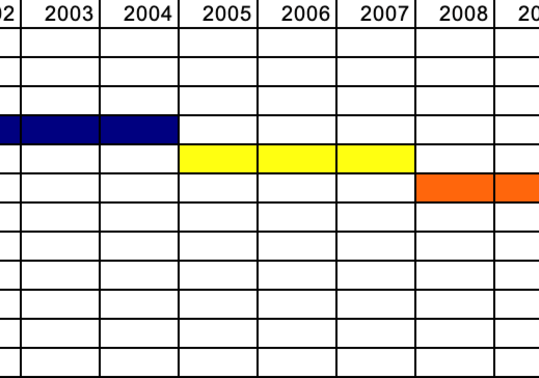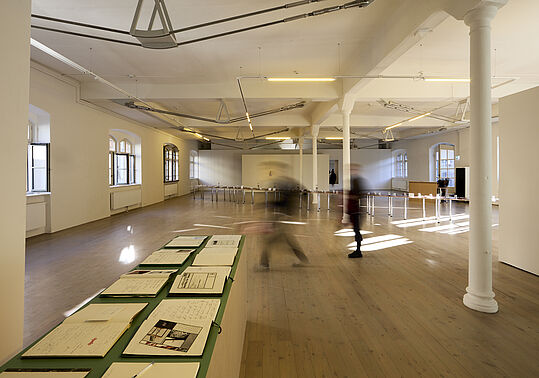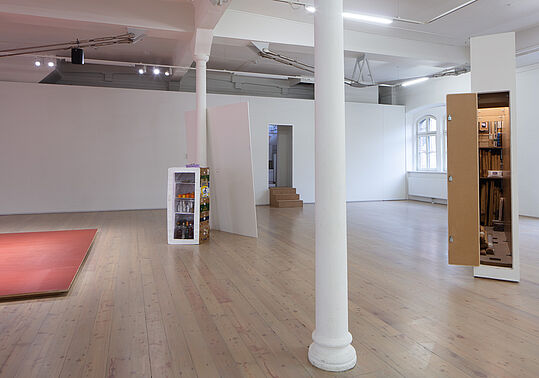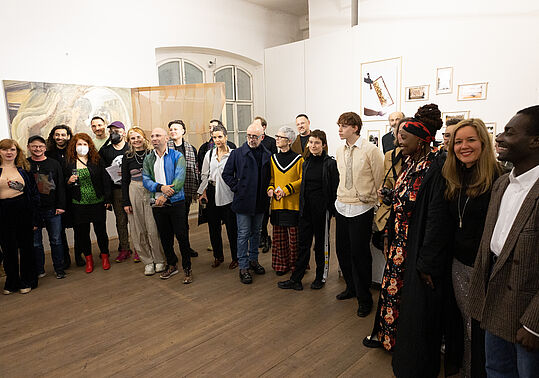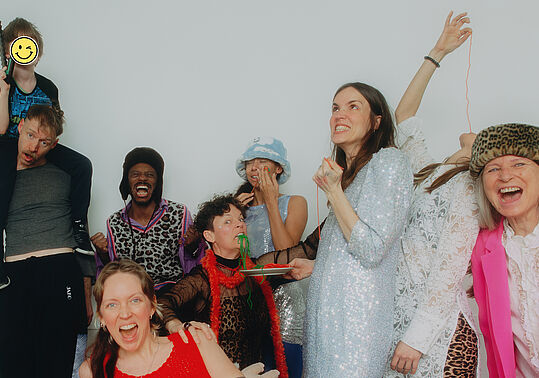kex—Residency Review: Jaroslava Tomanová
Reading time: approx. 5 minutes
Since the war in Gaza (and the West Bank) in the aftermath of October 7, 2023, I can’t think of anything else but Palestine. Every day I’m feeling like things can’t get worse and yet getting up with the news proving otherwise. When I arrived in Vienna in May 2024 it had been already seven months of incessant destruction, humanitarian crisis and genocide of an entire population. The whole world watching it live on screen. Months of anti-colonial movements protesting and organising against governments that are enabling it. Months of unbearable silence or one-sided narratives in the mainstream media in favour of a long-term occupying power run by convicted war criminals. Months of business-as-usual and / or censorship in major European art institutions. Austria’s National Gallery Belvedere 21 censoring the work of Improper Walls and artist Joanna Zabielska in the context of the exhibition “Über das Neue (On the New) - Part 3” in 2023 being just one of many cases. The silence and silencing as well as inconsistent stance on the wars in Ukraine and Gaza unearthed new levels of hypocrisy and racism. It has drawn the line between those, for whom the term “decolonial” remains a mere discursive element to adorn exhibition texts as they stay on the safe side by being silent (although they might personally disagree with Israeli war crimes and genocide) and those whose practice is driven by anti-colonial values and who are decolonial in their actions and despite the risk of losing funding and jobs using their creative tools to oppose the genocide and call out institutions and governments who ignore or support it.
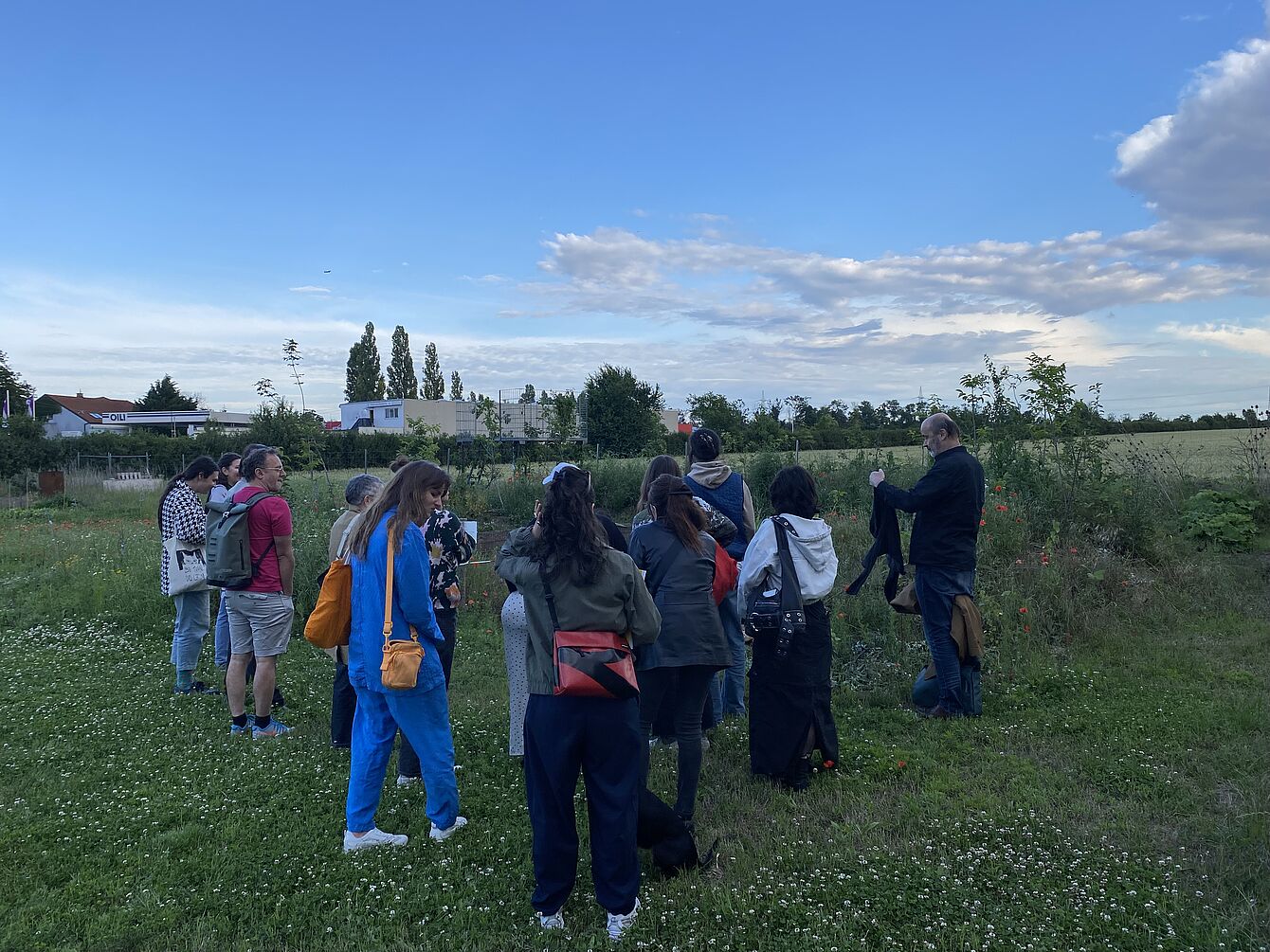
photo: kex
I came to Vienna in May 2024 to research art practices that have to do with palliative care, elderly care and care work. Simultaneously and ironically, I have been annoyed by the fact that care has become a buzzword in the art world, because my experience with modes of operation in the arts has been highly competitive and precarious, exhausting and exploitative rather than one of care. The reason why I had decided to delve into it anyway was my own personal experience with care labour at the end of my mother’s life. Experiencing the sheer radicality of care work and its direct link to human rights motivated me to want to explore its subversive, anti-capitalist potential.
Care work represents physical and emotional commitment to what artist Johanna Hedva refers to in her essay Sick Woman Theory as all of the “dysfunctional,” “dangerous” and “in danger,” “badly behaved,” “crazy,” “incurable,” “traumatized,” “disordered,” “diseased,” “chronic,” “uninsurable,” “wretched,” “undesirable” and altogether “dysfunctional” bodies belonging to women, people of color, poor, ill, neuro-atypical, disabled, queer, trans, and genderfluid people, who have been historically pathologized, hospitalized, institutionalized, brutalized, rendered “unmanageable,” and therefore made culturally illegitimate and politically invisible.
Care work is a devotion to sooth suffering and protect human rights and personal freedoms with empathy, love, solidarity, compassion or friendship – values that counteract the totalizing logics of financial capital accumulation, optimalisation of lifestyles towards productivity and maximum efficiency. In both, palliative care and the humanitarian crisis in Gaza, human rights of those marginalized by the society are at stake. Human rights of those who have been constantly reminded that, to this society, their care, even their survival, does not matter.

